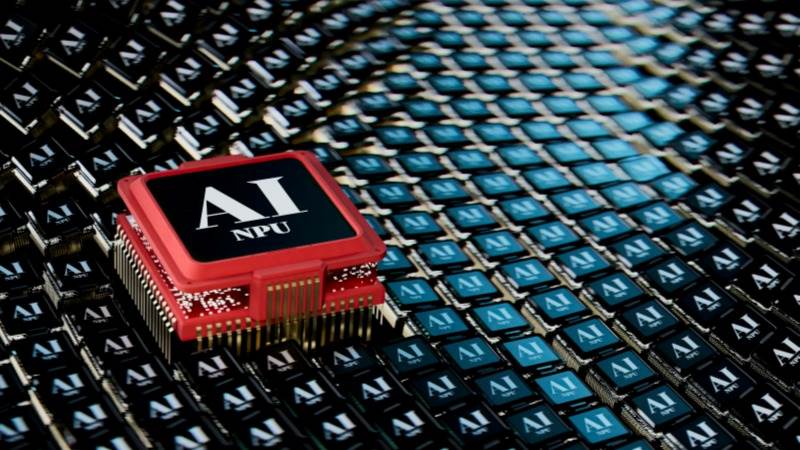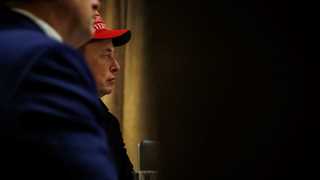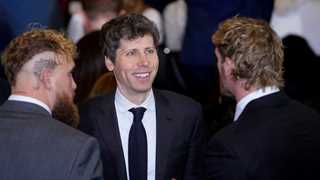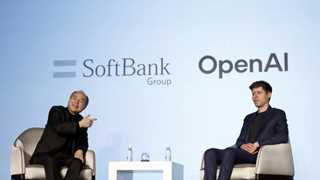On August 5, billionaire and entrepreneur Elon Musk brought back his lawsuit against artificial intelligence research organization and ChatGPT creator OpenAI Inc., alleging that the company, alongside two of its founders, Sam Altman and Greg Brockman, strayed away from the original goal of developing AI technology to benefit the world and turned to profit making. Musk has been going back and forth with his lawsuits, raising the first one with similar accusations in March 2024.
However, things weren’t always tense between the two. In fact, around the founding of OpenAI, which took place all the way back in 2015, Musk supported the then-start-up business, acting as a co-chair, with Altman and Brockman, agreeing not to pursue profit and create technology "for the benefit of humanity." Altman’s statements at the time corroborated this mindset as during the same year he sat down with Vanity Fair to explain how he plans to keep AI out of reach for "the bad guys." In the same interview, Altman mentioned that he “really trust[s]” Musk.
Nonetheless, OpenAI's partnership with Microsoft Corporation, which started in 2019, seems to have been one of the things that spoiled their relationship. "OpenAI Inc has been transformed into a closed-source, de facto subsidiary of the largest technology company in the world: Microsoft," Musk said in the primary lawsuit, while also reminding the public of the threats the AI technology poses to the modern society as the company presumably developed artificial general intelligence (AGI), often defined as AI that is on par with or surpasses human capabilities. The main focus was on OpenAI not respecting the "Founding Agreement" which put "humanity" first.
Shortly after, the company released a lengthy blog post in which it wrote that both sides wanted to turn OpenAI into a "for-profit" business as they realized this would be necessary for further development. However, the firm said Musk not only wanted majority control but also to merge OpenAI with Tesla Inc., which OpenAI didn't agree to. He then left the Board of Directors in 2018, seemingly unsatisfied with the progress being made, and allegedly told the company it had zero chance of success. The statement suggests that the differences in opinion between the two potentially started long before Microsoft came into the picture. Following the response, Musk mocked the ChatGPT maker, saying it should be renamed to "ClosedAI."
In the meantime, the relationship between Musk and Altman, in specific, deteriorated, with the former creating Grok to try to rival ChatGPT, and saying, during a New York Times event, he had "mixed feelings" about Altman as "the ring of power can corrupt." Meanwhile, the latter called Musk a "jerk" on the Kara Swisher podcast. While this was unfolding, Altman was hit with another problem. In 2023, his leadership was brought into question yet again, but this time by some of the OpenAI members, who managed to oust him. Not long after, however, at the request of investors and other employees, he was put back into the position.
In June 2024, Musk dropped his lawsuit giving no explanations. Prior to this, legal experts doubted his success in the proceeding. As quoted by Wired, Mark Lemley, a professor at Stanford Law School, called into question the entrepreneur's claims, explaining that the agreement Musk was talking about seemed to be non-existent, as the document was not attached to the suit. This means that if the two sides made a verbal agreement, it would be difficult for Musk to request anything from OpenAI and win a legal battle as these types of agreements are hard to argue in court, as opposed to written ones. In a new suit, launched in August, the billionaire now claims Altman deceived him by saying that the focus of OpenAI would be on "safety and openness for the benefit of humanity." The lawsuit accuses Altman and Brockman of fraud and racketeering, mentioning that the deceit is of "Shakespearean proportions." Marc Toberoff, Musk's lawyer, told the New York Times that this lawsuit is "much more forceful" compared to the previous.
Musk isn't the only one legally clashing with OpenAI, as a number of prominent newspapers raised issues with its way of operating, claiming that the $80 billion worth business breached copyright laws and stole original content without consent to train its AI models. Thus, while the AI craze has been propelling the business forward, giving it immense success so far, its future remains uncertain as clear regulations are yet to be formed in the AI realm.




